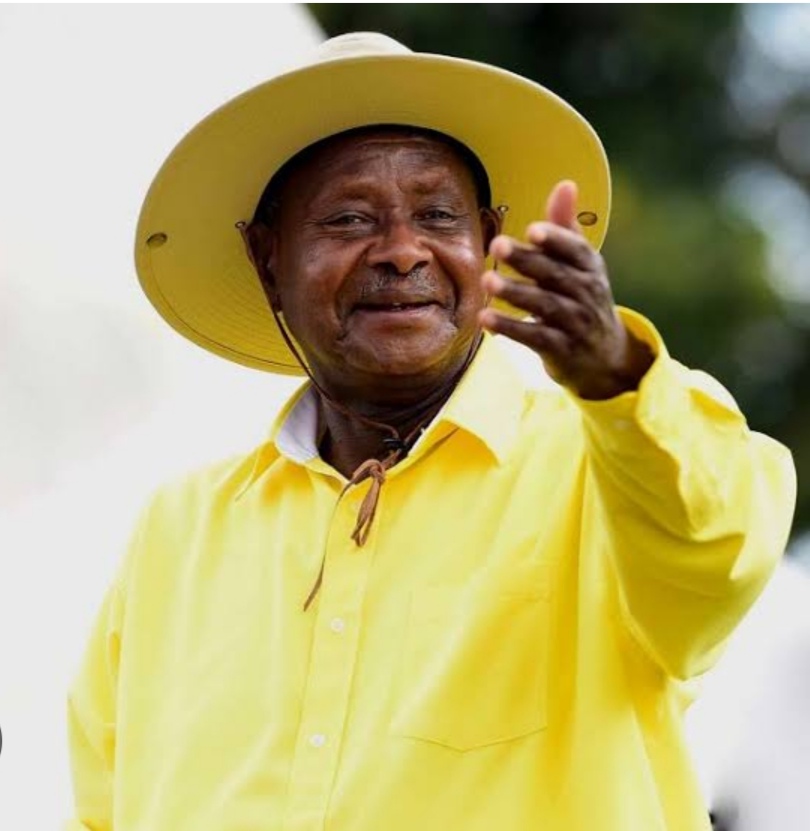In the vibrant tapestry of Uganda’s political history, the genesis of the National Resistance Movement (NRM) can be traced back to the fervent student movements of the 1960s.
In the shadows of established parties like Uganda People’s Congress (UPC), Democratic Party (DP), and Kabaka Yekka (KY), the NRM emerged during a critical juncture when the nation grappled with the repercussions of a “false start.”
This misstep, fueled by sectarianism, gender chauvinism, and youth and disability marginalization, marked an era of adversity encapsulated in three words: sectarianism, suppression, and marginalization.
The NRM, a social-democratic liberation movement, burgeoned from the enduring struggles of Uganda’s anti-colonial past and the relentless pursuits of freedom fighters combatting injustice and exploitation. The pivotal role of ideology in liberation struggles became evident, distinguishing the NRM from other organizations that faltered due to ideological disparities.
In an unprecedented feat, the NRM waged and triumphed in a protracted people’s war within a record time of five years. Since its victorious ascent in 1986, the movement has steadfastly consolidated the people’s triumph, embarking on a transformative journey to reshape Uganda’s socio-economic landscape.
On January 26, 1986, Uganda emerged from a period of political turmoil as the NRM, led by Yoweri Kaguta Museveni, orchestrated a paradigm shift, liberating the nation from authoritarian rule and its attendant human rights abuses, economic decline, and social unrest.
As the NRM prepares to mark its 38th anniversary in Jinja City this week, a pertinent question lingers: Is it truly worth celebrating?
Over the past four decades, Uganda has witnessed a remarkable metamorphosis across various domains. Economic growth, improved infrastructure, advances in healthcare and education, and active participation in regional peacekeeping endeavors define the nation’s progress.
The NRM’s commitment to infrastructure development is exemplified by the expansion of Tarmac roads from 1,000km in 1986 to an impressive 7,000 kilometers in 2023. Water coverage stands at 68% in rural areas and 72% in urban areas, reflecting a commitment to enhance the quality of life.
Education has been a cornerstone of the NRM’s agenda, with literacy rates reaching 75%. The proliferation of universities from 1 in 1986 to 11, coupled with 983 secondary schools and 12,433 primary schools, underscores a concerted effort to empower the populace through knowledge.
In the realm of power supply, the NRM has overseen a substantial expansion, with electricity generation surging from 150 Mega Watts in 1986 to over 1,300 Mega Watts in 2023.
Poverty eradication programs such as Emyooga, operation wealth creation, SAGE program, and the parish Development model have yielded tangible results. The percentage of people living below the poverty line has decreased from 21.4% in 2020 to 20.3% in 2023, according to the World Bank.
The NRM’s commitment to human rights is evident in the guarantee of freedom of expression, speech, and media, as enshrined in Article 29 of the constitution. The proliferation of radio and TV stations, newspapers, magazines, and online media outlets signifies a thriving environment for democratic expression.
However, amid these achievements, the specter of corruption looms large—a formidable challenge that demands collective action.
Uganda’s regional integration has transcended historical boundaries, with the East African Community fostering collaboration with former colonial counterparts and erstwhile separated nations. A common market is now in place, with indications pointing towards a currency union and political confederation.
While the NRM has achieved significant milestones, challenges persist, and the battle against corruption remains unfinished. As Uganda stands at the crossroads of its 38th anniversary, the wanaichi, liberated and empowered, have cause for celebration, reflecting on the strides made under the aegis of their current government.




